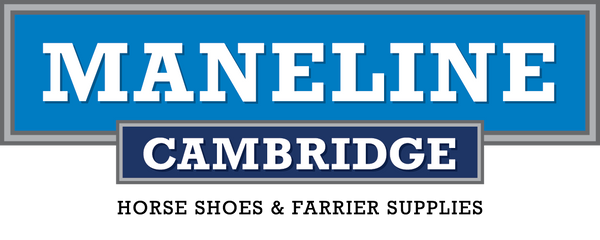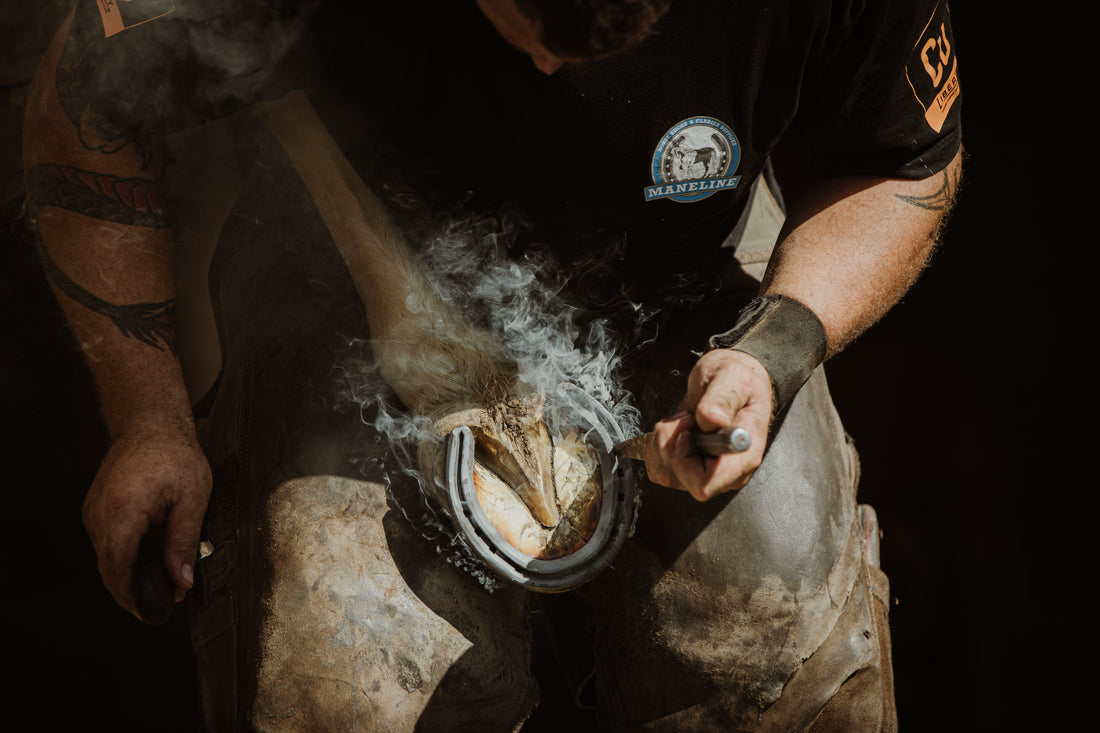In the world of equine care, the farrier holds a pivotal role. Often working behind the scenes, farriers ensure that horses' hooves are healthy, strong, and well-maintained, enabling these magnificent animals to perform their best in various activities, from racing to work in the fields. This blog delves into the multifaceted job of a farrier, exploring their responsibilities, skills, and the crucial role they play in equine health.
What is a Farrier?
A farrier is a specialist in equine hoof care, combining skills from blacksmithing and veterinary medicine. Their primary responsibilities include trimming and balancing horses' hooves, as well as shoeing them to protect the hooves and enhance performance. The role of a farrier is critical in maintaining the overall well-being of a horse, as healthy hooves are fundamental to a horse's mobility and comfort.
Key Responsibilities of a Farrier
1. Hoof Trimming and Balancing
One of the farrier's primary tasks is to trim and balance the horse's hooves. This involves removing excess hoof material and shaping the hoof to ensure it supports the horse's weight evenly. Proper trimming is essential to prevent issues such as lameness, discomfort, and uneven gait.
2. Shoe Fitting and Application
When a horse requires shoes, the farrier selects the appropriate type of horseshoe based on the horse's needs and the activities it performs. The farrier then shapes the shoe to fit the hoof precisely, ensuring a snug and comfortable fit. The shoes are then nailed or glued onto the hooves, providing protection and enhancing performance.
3. Hoof Health Assessment
Farriers play a vital role in assessing the overall health of a horse's hooves. They check for signs of infections, diseases, and other hoof-related problems. Early detection of issues such as thrush, white line disease, or laminitis allows for timely intervention and treatment, preventing more serious complications.
4. Corrective Shoeing
Some horses may have specific hoof or limb issues that require corrective shoeing. Farriers use specialized techniques and shoes to address problems such as uneven gait, lameness, or conformation issues. Corrective shoeing can significantly improve a horse's comfort and performance, and it often involves collaboration with veterinarians.
5. Emergency Care
In cases of hoof injuries or acute lameness, farriers provide emergency care. This might involve removing damaged shoes, treating injuries, and applying special bandages or therapeutic shoes to aid in the healing process.
Skills and Expertise Required
1. Knowledge of Equine Anatomy
A thorough understanding of equine anatomy, particularly the structure and function of the hoof, is essential for a farrier. This knowledge allows them to make informed decisions about trimming, shoeing, and addressing any hoof-related issues.
2. Blacksmithing Skills
Farriers must possess strong blacksmithing skills to shape and fit horseshoes correctly. This includes heating, hammering, and bending metal to create shoes that perfectly match the horse's hooves.
3. Physical Strength and Stamina
The job of a farrier is physically demanding, requiring strength and stamina to handle large animals and perform tasks such as lifting legs, hammering nails, and shaping metal.
4. Attention to Detail
Precision is critical in farriery. A small mistake in trimming or shoeing can lead to significant problems for the horse. Farriers must pay close attention to detail to ensure the best outcomes for the animals they work with.
5. Problem-Solving Abilities
Every horse is unique, and farriers often encounter challenging hoof issues that require creative solutions. Problem-solving skills are crucial in developing effective treatments and corrective measures.
The Importance of Farriers in Equine Health
Farriers are indispensable in the equine world. Their expertise ensures that horses can perform their duties, whether in sport, work, or leisure, with minimal discomfort and maximum efficiency. Regular visits from a skilled farrier help prevent hoof-related problems and contribute to the overall well-being and longevity of the horse.
Conclusion
The role of a farrier is both complex and essential, requiring a blend of skills, knowledge, and dedication. Farriers are key players in maintaining the health and performance of horses, making their work invaluable to horse owners, trainers, and veterinarians alike. By ensuring that horses' hooves are well-cared for, farriers help these noble animals lead healthier, happier lives.

